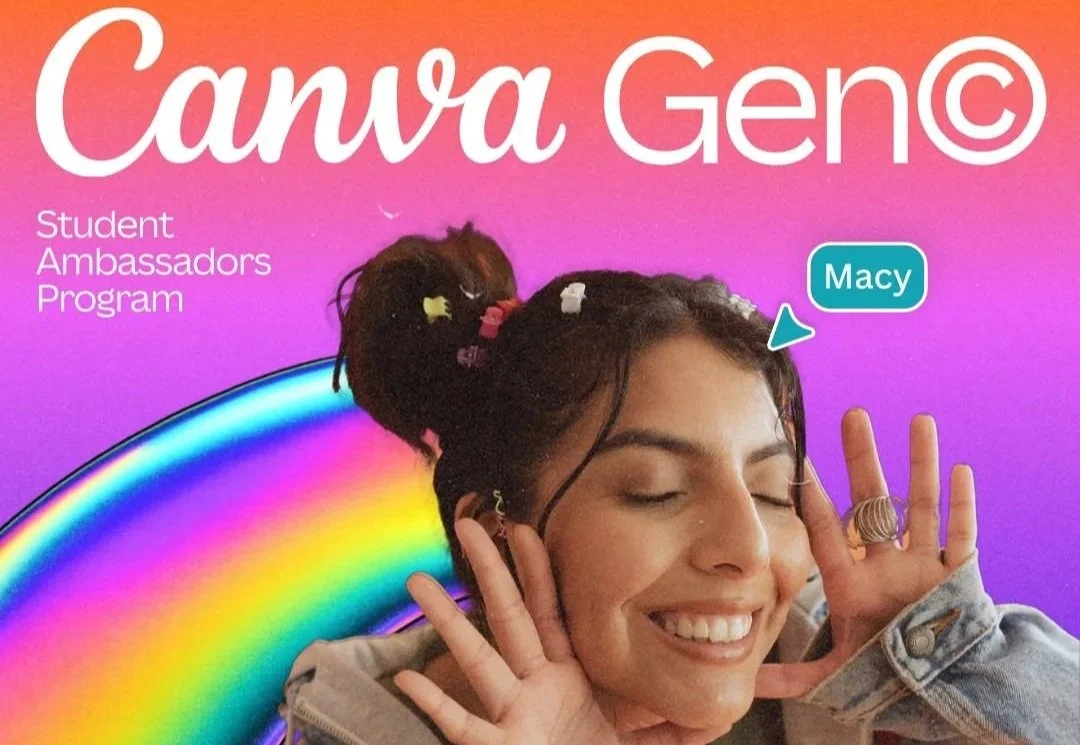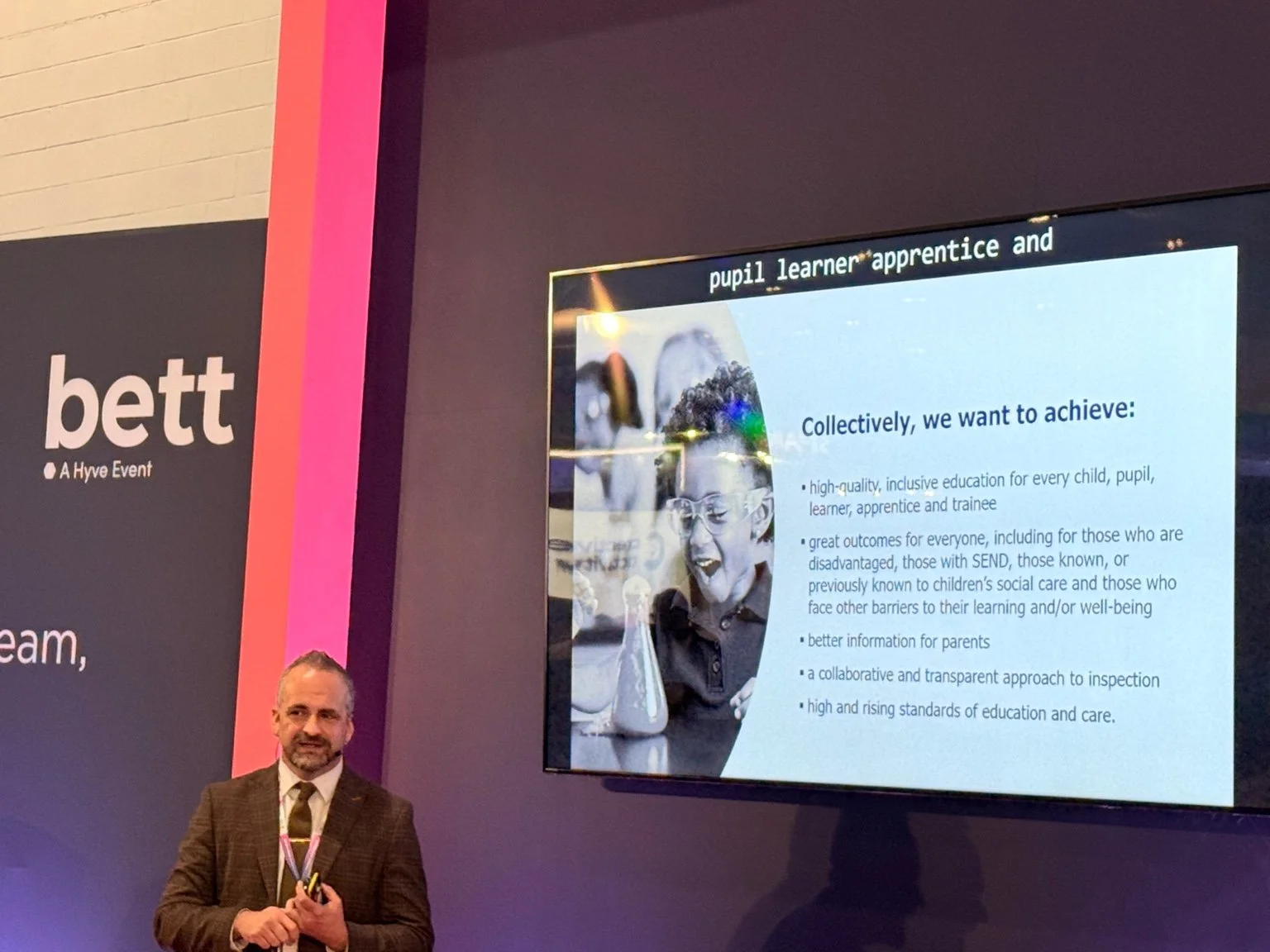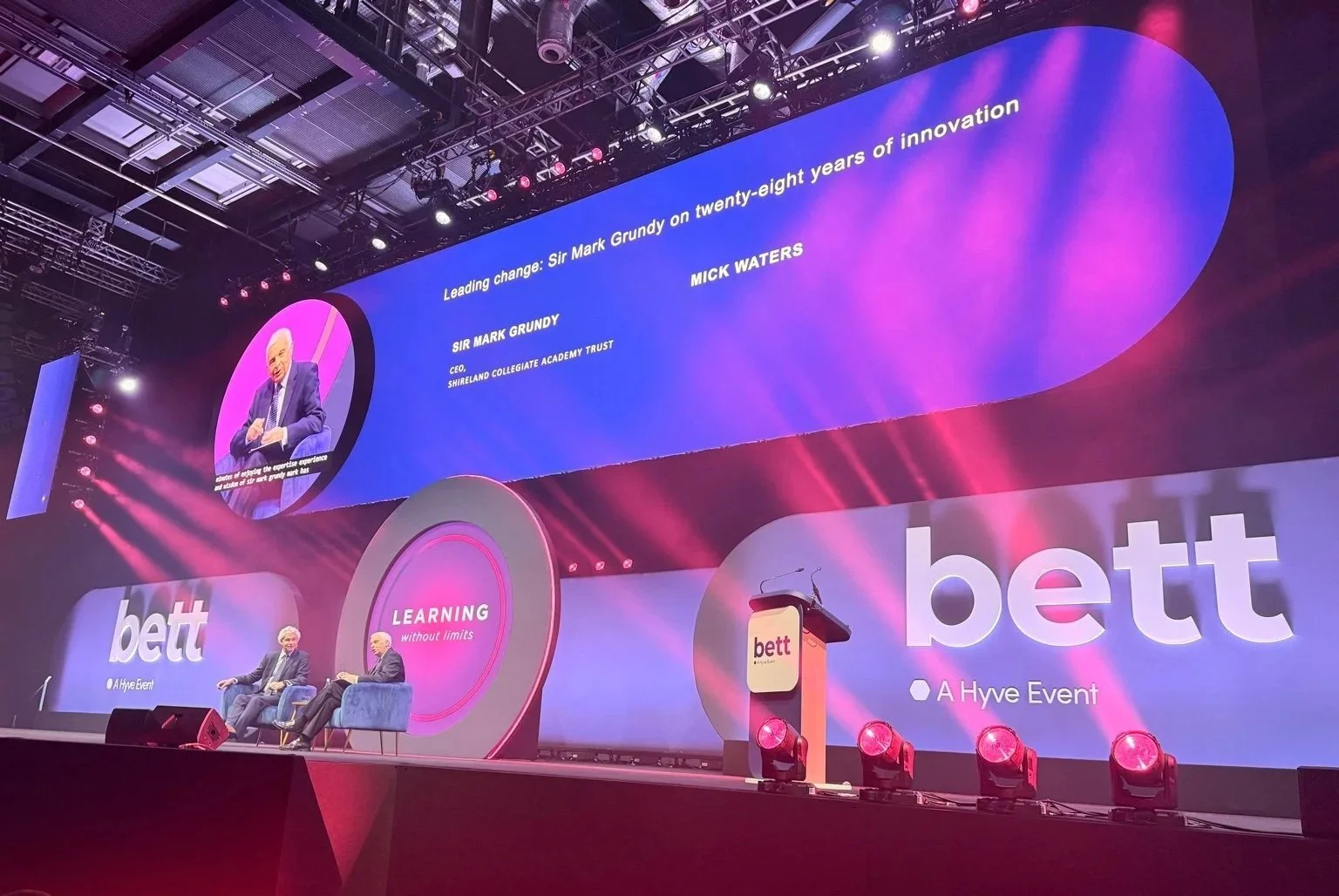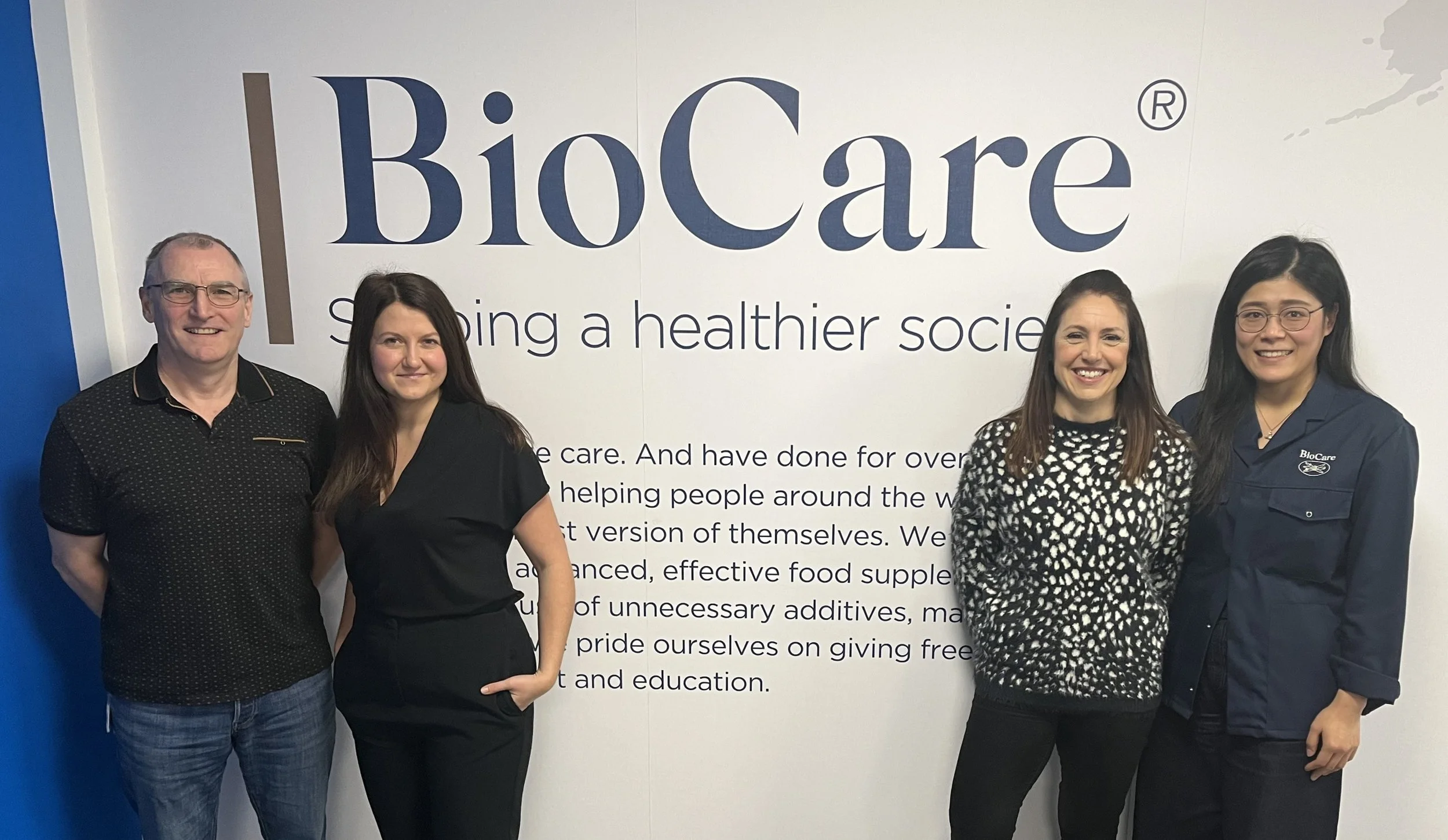ETIH’s most-read stories this week: AI in schools, quantum breakthroughs, and creative industry shake-ups
This week’s headlines ranged from groundbreaking AI guidance for U.S. schools to new UK creative hubs exploring generative technology, plus international STEM initiatives and major industry partnerships.
AI appeared across several stories, shaping everything from classrooms to creative industries and workforce development.
Here’s the Top 10 most-read ETIH stories this week, counted down from 10 to 1.
10. Oxford and Cambridge secure £12.5m in donations to expand STEM access for disadvantaged students
In at number 10, Oxford and Cambridge secured matching £6.25 million donations to widen STEM access for underrepresented students.
Oxford will launch a targeted GCSE mathematics mentoring scheme and expand its COMPOS online outreach, while Cambridge will extend its Isaac Physics and STEM SMART programs through 2031. The funding will enable both universities to reach more students who face barriers to STEM pathways.
9. 12 universities selected to lead £54 million fund aiming to attract world’s top researchers into the UK
At number 9, the UK Global Talent Fund named 12 leading universities to share £54 million over five years, including Cambridge, Oxford, and Queen’s Belfast.
The initiative will fund relocation, research, and visa costs to attract 60–80 world-class researchers into the UK. Leaders described the scheme as vital to maintaining the UK’s reputation for innovation and discovery.
8. OpenAI and UK Government sign new deal aiming to equip education, security and justice sectors with latest technology
AI appears again at number 8 as OpenAI signed a partnership with the UK Government to strengthen AI research and infrastructure across education, justice, and public services.
The agreement will provide access to advanced AI models while focusing on safe deployment. UK officials described the deal as a step toward using AI to improve public services and drive economic growth.
7. Centre for Creative AI to explore generative technology’s role in UK creative industries
At number 7, the Centre for Creative AI will launch this autumn in the UK, bringing together UCL, Royal College of Art, and industry partners including The Brandtech Group.
The Centre will run student challenges in film, design, and performance, exploring how generative AI can augment human creativity. Industry leaders described it as an opportunity to unlock new forms of creative expression through technology.
6. Udemy appoints Sarah Healy as Chief Skills and Learning Officer to drive AI-focused workforce development
Sliding into number 6, Udemy created a new executive role focused on workforce skilling and named Sarah Healy as Chief Skills and Learning Officer.
She will lead AI-driven learning strategies and workforce development initiatives as industries undergo rapid change. Udemy said the appointment reinforces its commitment to aligning training with emerging AI trends.
5. New national blueprint calls for AI literacy in every U.S. classroom to prepare students for an AI-driven future
Kicking off the top five, the EDSAFE AI Alliance released a national blueprint urging schools to integrate AI literacy into every subject.
The framework calls for teacher training, updated curriculum, and AI hubs to ensure all students gain critical AI knowledge. Education leaders emphasized the importance of AI literacy as a foundational skill for the future.
4. UK-based learning platform Thrive acquires mentoring and coaching business Guider
At number 4, Thrive, an AI-powered learning platform, acquired Guider, a UK mentoring and coaching provider.
The acquisition will enable AI-driven matching for mentoring and coaching relationships while expanding Thrive’s platform to include ready-to-go coaching programs. The company said the move combines the power of AI with the demand for human connection in learning.
3. Researchers at Stanford University introduce cost-effective and efficient way to evaluate AI language models
AI reappears at number 3, as Stanford researchers developed a new approach to evaluating AI language models that reduces testing costs by up to 80 percent.
The new method accounts for question difficulty, making evaluation more accurate and affordable. Researchers said it could make it easier for developers and educators to compare models fairly.
2. University of Leeds student awarded Lewis Hamilton Scholarship joins Red Bull Racing F1 team
In at number 2, Lily Owuye, an MSc Automotive Engineering student at the University of Leeds, will join Red Bull Racing’s Formula 1 team after graduation.
She spoke about how the Lewis Hamilton Scholarship created opportunities for underrepresented students in motorsport, noting the impact of seeing diversity in a global sport.
1. U.S. Department of Education issues guidance on using federal funds for AI in schools
Topping the list, the U.S. Department of Education clarified that federal funding can be used for AI tools in K–12 and higher education.
The guidance includes AI tutoring, personalized learning systems, and career-planning platforms. Officials highlighted the potential of AI to improve outcomes but also stressed the need for ethical guidelines and stakeholder engagement.





















